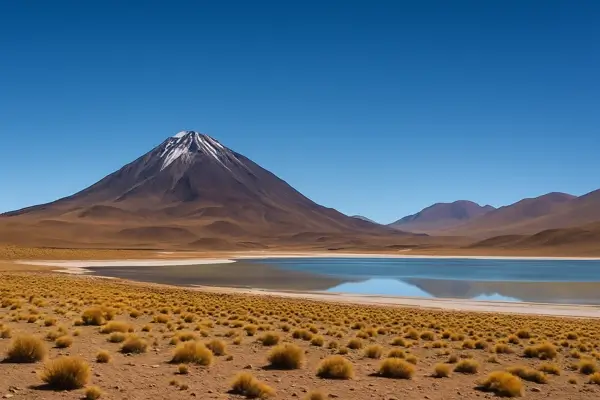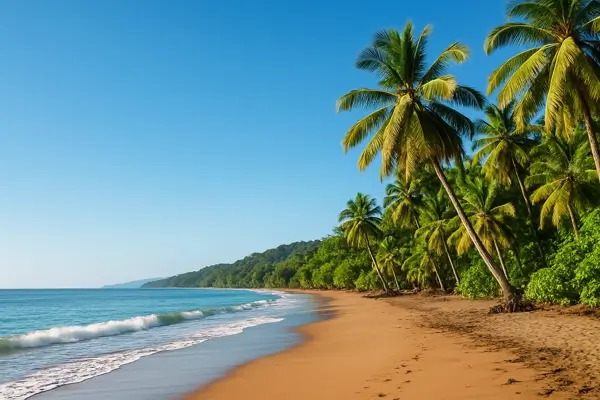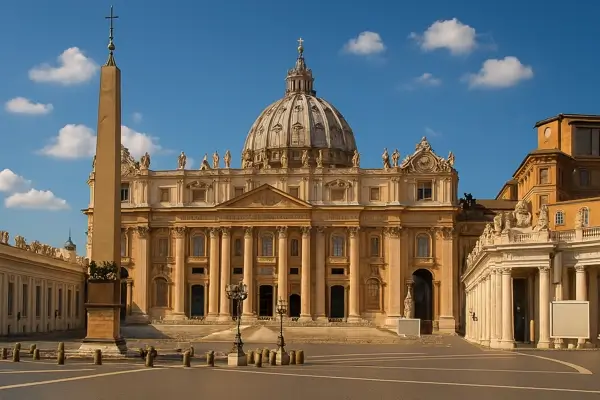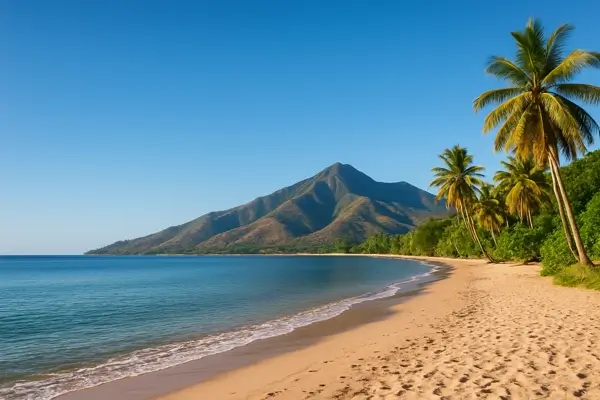
A Landlocked Country
Bolivia is one of the two landlocked countries in South America (along with Paraguay). Despite losing its access to the Pacific Ocean after the War of the Pacific in the 19th century, Bolivia maintains a strong cultural connection to the sea.
Two Capitals
Bolivia has two capitals: La Paz, which is the administrative capital and sits at an altitude of about 3,650 meters (12,000 feet) in the Andes, making it the highest capital city in the world. Sucre is the constitutional capital and the historical heart of the country.
The Salar de Uyuni
Bolivia is home to the Salar de Uyuni, the world’s largest salt flat, which covers over 10,000 square kilometers. It was once a massive lake, and its bright white surface creates an otherworldly landscape, especially during the rainy season when it becomes a giant mirror reflecting the sky.
Home to the Highest Navigable Lake
Bolivia is home to Lake Titicaca, the highest navigable lake in the world at 3,812 meters (12,507 feet) above sea level. The lake is shared with Peru and is sacred to the indigenous people of the region, especially the Inca civilization.
Cultural and Ethnic Diversity
Bolivia is a melting pot of cultures, with over 30 indigenous groups, including the Quechua, Aymara, Guarani, and Mestizo populations. This diversity is reflected in the country’s languages, festivals, and traditions. Spanish is the official language, but Quechua, Aymara, and other indigenous languages are also widely spoken.
The Death Road
Bolivia is home to the infamous North Yungas Road, also known as "Death Road" due to its dangerous and narrow path along a steep cliff. It used to be the main route connecting La Paz to the Amazon rainforest, but it is now a popular mountain biking adventure due to its thrilling descent and breathtaking views.
Bolivian Altiplano
The Altiplano is a vast plateau in the Andes, spanning Bolivia and parts of neighboring Peru, Chile, and Argentina. It is known for its extreme altitude, diverse wildlife, and unique landscapes, including salt flats, high-altitude lakes, and volcanic formations.
The Bolivian Pink River Dolphin
The Bolivian Pink River Dolphin, found in the Amazon Basin, is a unique species of freshwater dolphin. Known for its pinkish hue, the dolphin is an important part of Bolivian biodiversity and is often considered sacred by indigenous Amazonian tribes.
Largest Lithium Reserves
Bolivia holds some of the largest untapped lithium reserves in the world, especially in the Salar de Uyuni. Lithium is crucial for the production of batteries, and Bolivia has become an increasingly important player in the global supply of this resource.
Unique Festivals
Bolivia is known for its vibrant and colorful festivals, such as the Carnival of Oruro, which is a UNESCO-listed celebration featuring traditional dances, music, and costumes. The Fiesta de la Virgen de Guadalupe and La Paz’s Gran Poder are also major cultural events.



